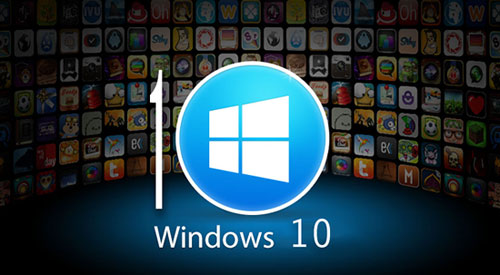
When the iPad was released in the spring of 2010, many people didn’t know what to make of it. Some would point to my iPad and ask: Why do I need a giant iPod touch? Or, why can’t I see more than one app on this big screen? These questions faded away as the usefulness of the iPad became clearer in the months that followed.
That said, the iPad didn’t work like a “real” desktop computer, and nowhere was that more evident than in its lack of multitasking. Every now and then, some developer would scratch the itch of wanting to see two different things on the iPad’s display at the same time. One that caught my eye back in 2012 was Tapose, a then-$2.99 app (now priced at $9.99) that let an iPad user see two window panes. One pane generally was for the main journal editor, while the second window pane contained a browser, map, or some simple tool like a calculator to use as a reference when creating a journal entry. That app’s developer wasn’t allowed to touch the iPad’s operating system to let it work with other apps, though.
That brings us to today. Apple doesn’t have the restrictions Tapose’s developers did, naturally, and announced this week at WWDC 2015 that iOS 9 will let iPad users display two apps side-by-side. A swiping gesture Apple refers to as Slide Over lets you slide in one of the built-in Apple apps into a second window pane while keeping Safari in a larger window. The gesture and effect is reminiscent of Microsoft’s Windows 8 split-paned window view which, quite honestly, I could never use effectively, because I could never remember which app it would bring into the second window pane. Apple’s pull-down gesture, however, lets you easily see which other apps can be brought into this Slide Over view alongside the Safari Web browser. In Slide Over mode, the Safari browser is inactive while the second app is used in the second pane.

There’s a second split-screen mode Apple calls Split View on an iPad that is activated by tapping on the divider between two apps. It lets two apps be active at the same time on a single screen. And, the two screens can interact. Apple’s examples involved tapping on links in the Notepad app that appeared in the Safari pane, as well as tapping on a location that appeared in the Maps app.
Then there’s Picture-in-Picture, which lets you conduct a FaceTime call in one small window that overlaps another app you’re using in a larger second window. It looks much like the picture-in-picture feature you may have used on a TV set. While Apple’s own apps will support multitasking when iOS 9 is released later this year, third-party app developers will need to add support for multitasking in their own apps.
Apple says you can upgrade any device currently running iOS 8 to iOS 9. But these new multitasking features will only work on relatively recently released iPad models. Slide Over and Picture-in-Picture will work on an iPad mini 2, iPad mini 3, iPad air, or iPad air 2. But the dual-pane multitasking Split View will only work with the iPad air 2 and, presumably, whatever new iPad Apple introduces later this year. If you’re running an older model iPad like me, you’ll need to start saving your nickels and dimes for a newer model if you want to multitask in iOS 9.

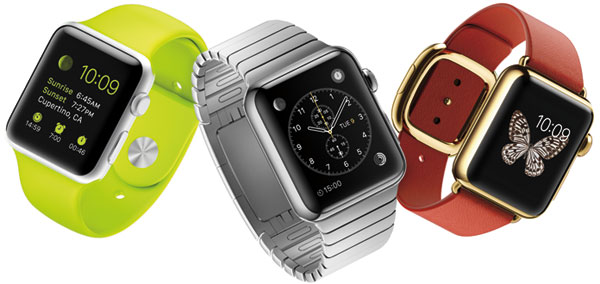

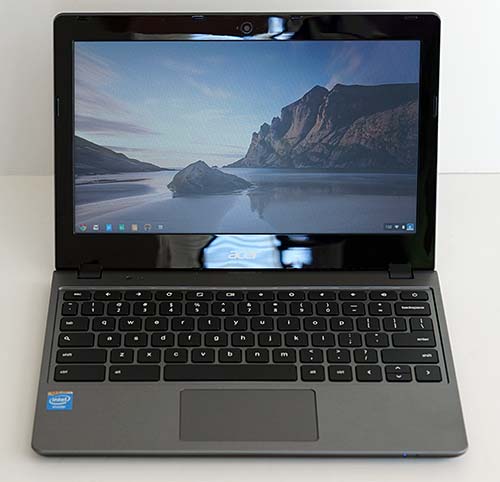
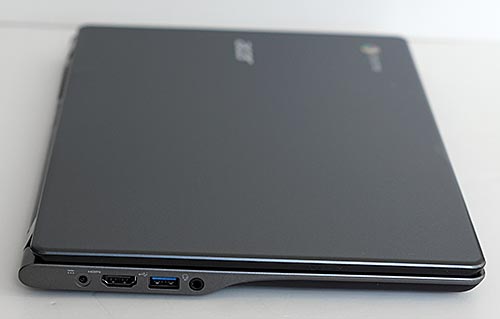
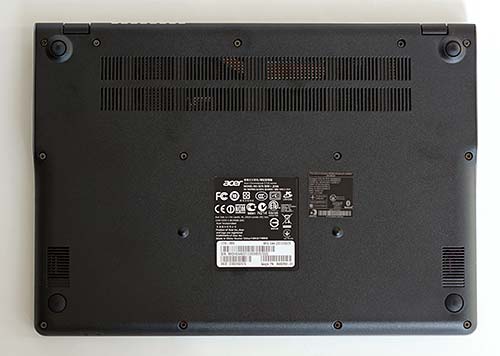
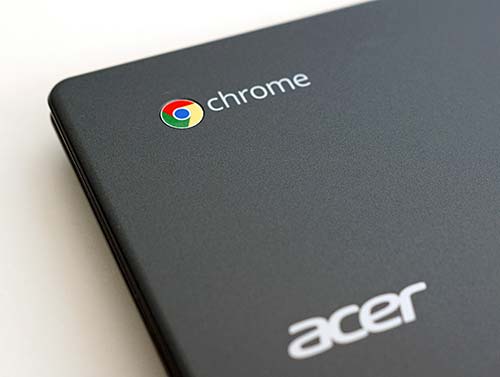
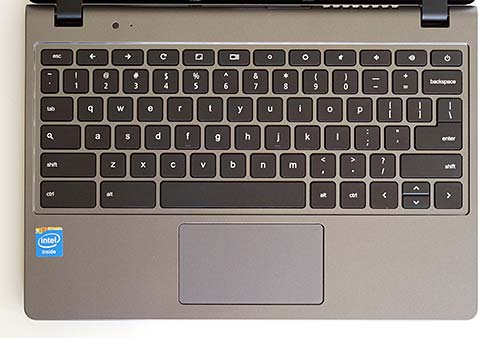
 While there is no getting around the creep factor when it comes to topics like artificial limbs and regenerative medicine,
advancement in these spheres holds out enormous potential for improving
human welfare. With the stakes so high, it’s hardly surprising that
research dollars have been pouring into these areas in the last few
years. The fruits of such investment are just now coming into focus, and
for those with a weak stomach, that focus maybe a little too sharp. A medical experiment taking place at Massachusetts General Hospital whose findings were released this week certainly falls into this category.
While there is no getting around the creep factor when it comes to topics like artificial limbs and regenerative medicine,
advancement in these spheres holds out enormous potential for improving
human welfare. With the stakes so high, it’s hardly surprising that
research dollars have been pouring into these areas in the last few
years. The fruits of such investment are just now coming into focus, and
for those with a weak stomach, that focus maybe a little too sharp. A medical experiment taking place at Massachusetts General Hospital whose findings were released this week certainly falls into this category.
